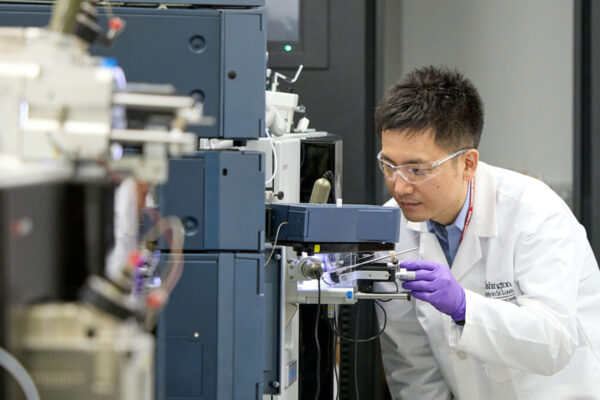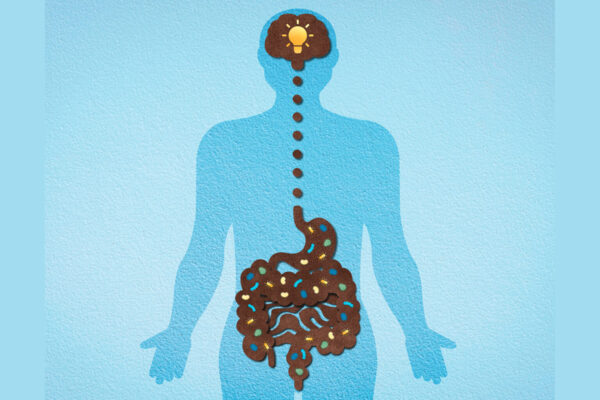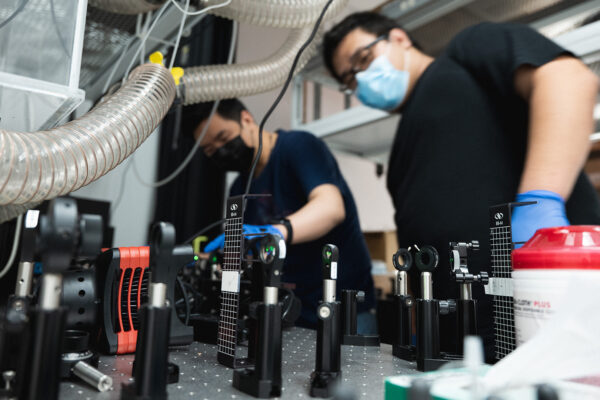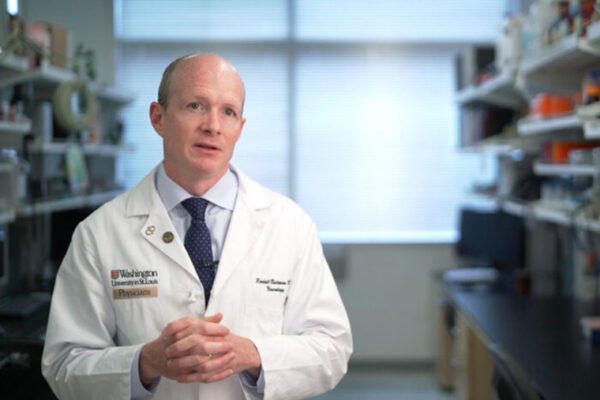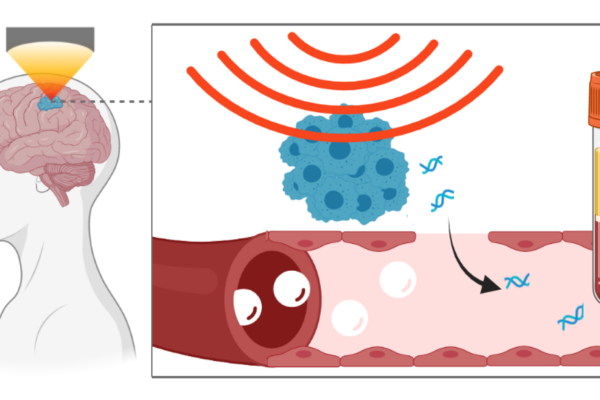Tau-based biomarker tracks Alzheimer’s progression
Researchers at the School of Medicine and Lund University in Sweden have identified a form of tau that could serve as a marker to track Alzheimer’s progression. The marker also could speed drug development.
Altered gut bacteria may be early sign of Alzheimer’s disease
A study by researchers at Washington University School of Medicine reveals that the bacteria that live in the gut change long before Alzheimer’s disease symptoms arise. The discovery could lead to diagnostics or treatments for Alzheimer’s disease that target the gut microbiome.
Looking deeper with adaptive six-dimensional nanoscopy
With a $2 million National Institutes of Health (NIH) grant, Matthew Lew at the McKelvey School of Engineering will develop smart microscopes to reveal dynamic interactions between individual biomolecules.
Bateman to receive lifetime achievement award
Randall J. Bateman, MD, the Charles F. and Joanne Knight Distinguished Professor of Neurology at the School of Medicine, will receive the 2023 Lifetime Achievement Award in Alzheimer’s Disease Therapeutic Research.
Stress increases Alzheimer’s risk in female mice but not males
Stress causes the levels of Alzheimer’s proteins to rise in females’ brains but not males’ brains, according to a new study in mice by researchers at the School of Medicine. This difference may contribute to women’s greater risk of developing Alzheimer’s disease.
Sleeping pill reduces levels of Alzheimer’s proteins
An FDA-approved sleeping pill reduced levels of Alzheimer’s proteins in a small study of healthy volunteers led by School of Medicine researchers. The study hints at the potential of sleep medications to slow or stop Alzheimer’s progression, although much more research is needed regarding such an approach.
Researchers receive Alzheimer’s Association funding
Three School of Medicine researchers — Enmanuel Perez, Ibrahim Saliu and Steffen Storck — have received funding from the Alzheimer’s Association for projects that aim to study and make progress against the disease.
Discovery of T cells’ role in Alzheimer’s, related diseases, suggests new treatment strategy
A new study from researchers at the School of Medicine indicates that T cells play a key role in neurodegeneration related to the brain protein tau, a finding that suggests new treatment strategies for Alzheimer’s and related diseases.
Lananna to study Alzheimer’s-related cognitive decline
Brian Lananna, a postdoctoral research scholar in developmental biology at the School of Medicine, has received a three-year $215,478 postdoctoral fellowship award from the National Institute on Aging of the National Institutes of Health (NIH).
Focused ultrasound technique leads to release of neurodegenerative disorders biomarkers
Research from the lab of Hong Chen, at the McKelvey School of Engineering and the School of Medicine, and collaborators found that using focused-ultrasound-mediated liquid biopsy in a mouse model released more tau proteins and another biomarker into the blood than without the intervention. This noninvasive method could facilitate diagnosis of neurodegenerative disorders.
Older Stories
